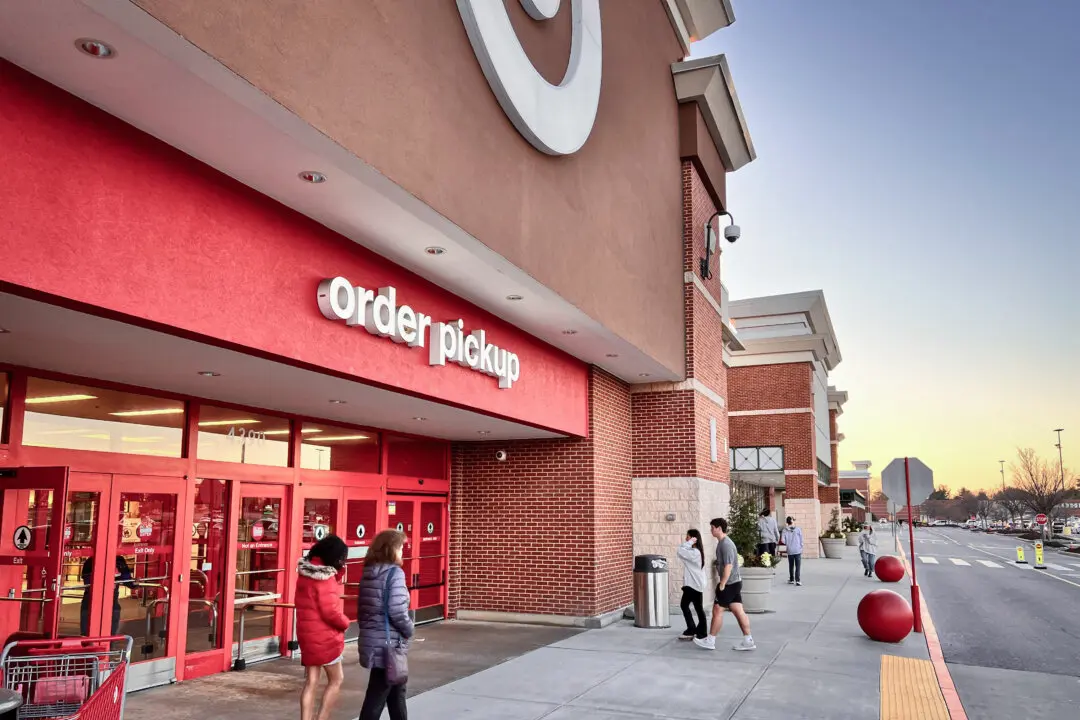In a highly competitive environment, retailers cannot engage in the practice of price gouging, according to Target CEO Brian Cornell.
Vice President Kamala Harris recently proposed the first-ever federal price gouging ban on the food and grocery industries. Harris and other White House officials have claimed that businesses are taking advantage of the economic climate and overcharging customers by sharply raising prices to pad their profits.





